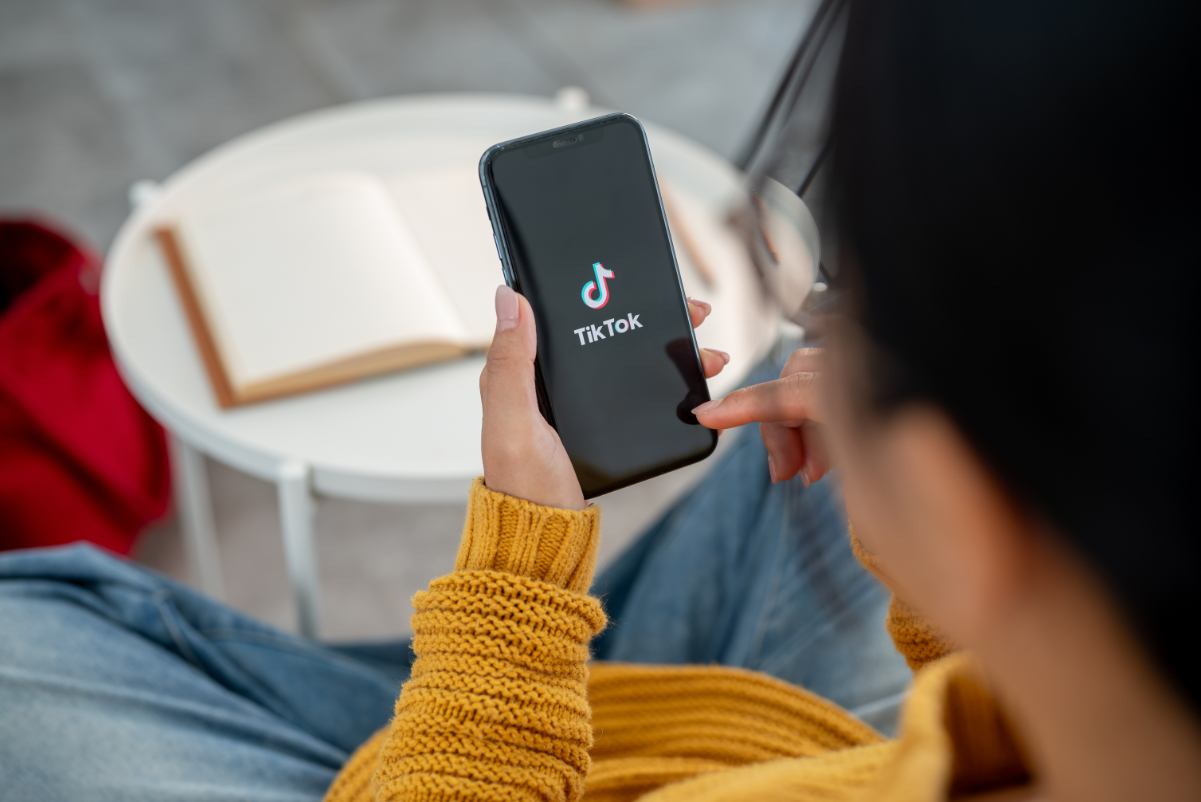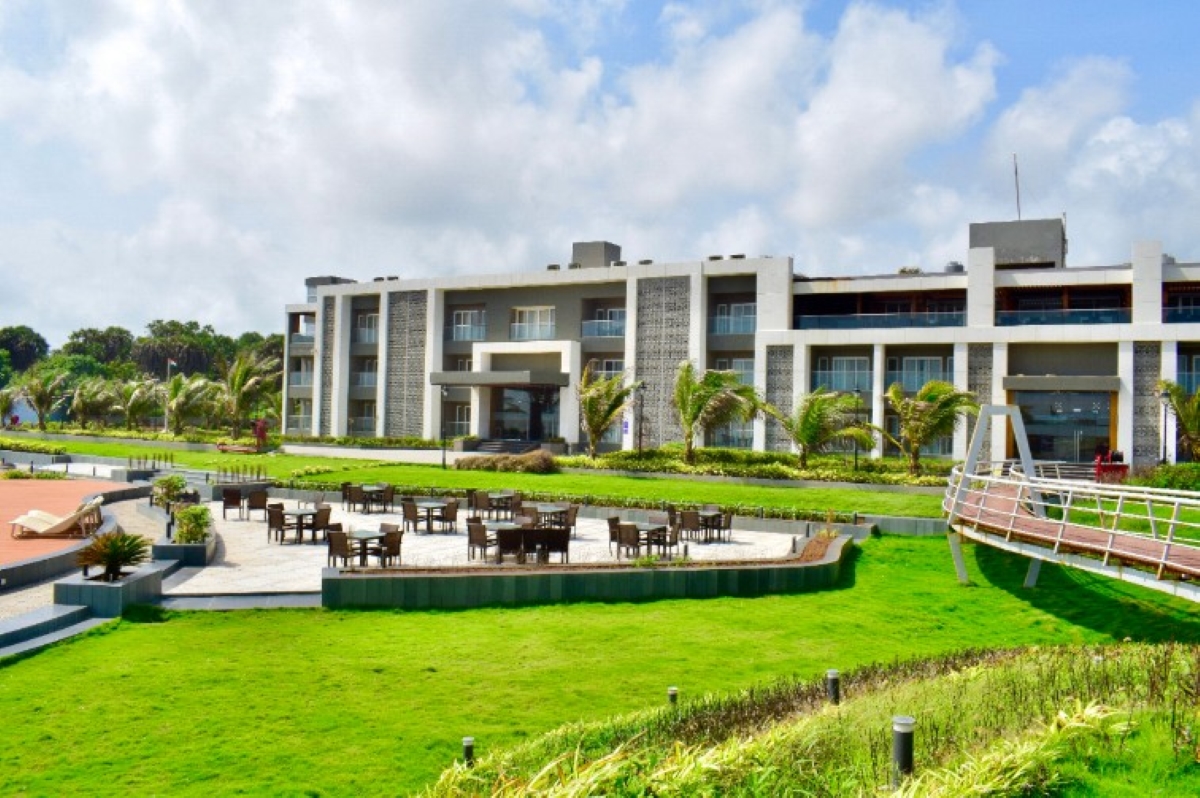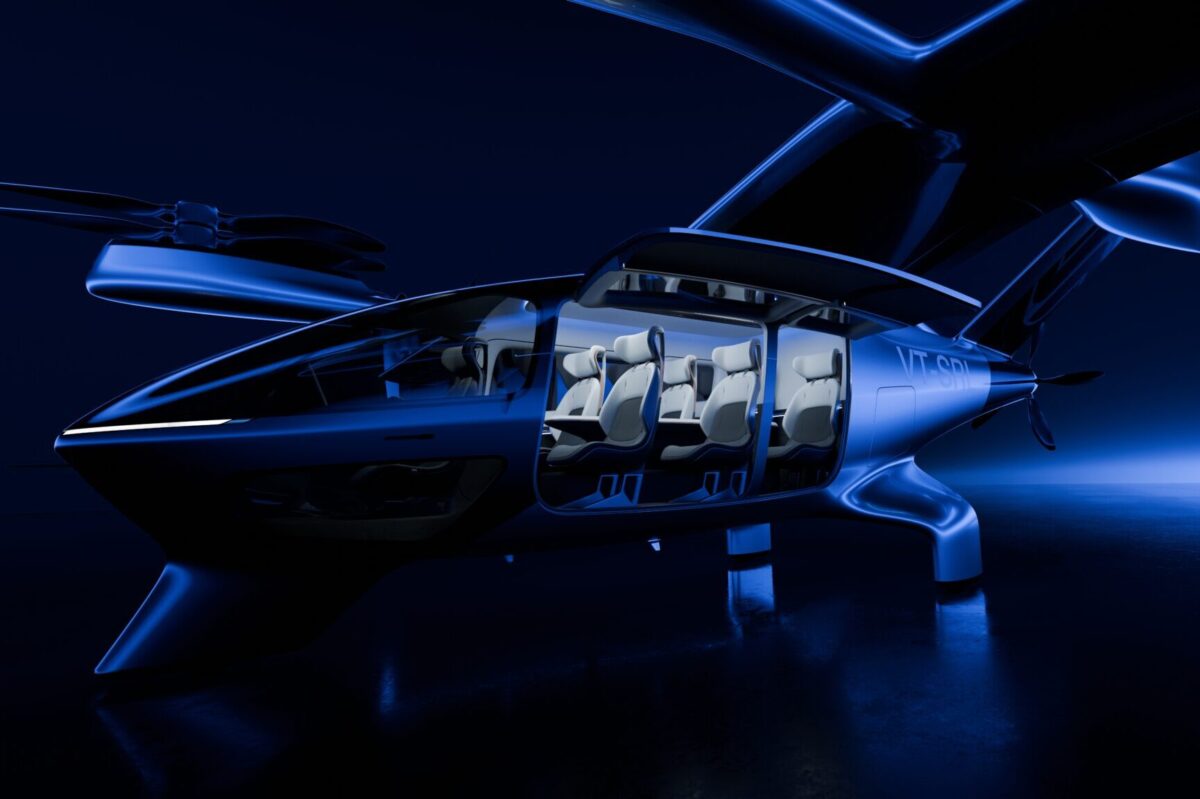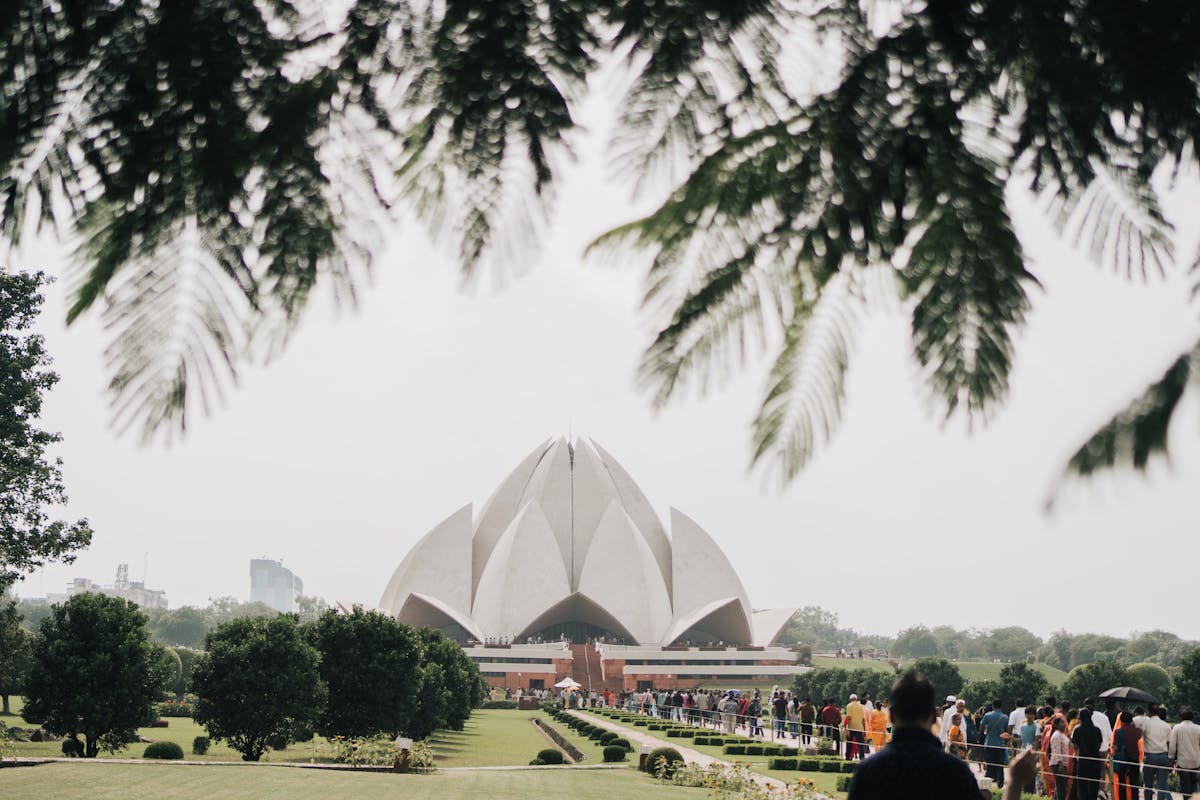Hilton Uncovers a Lot More About Blended Travelers After Student Competition
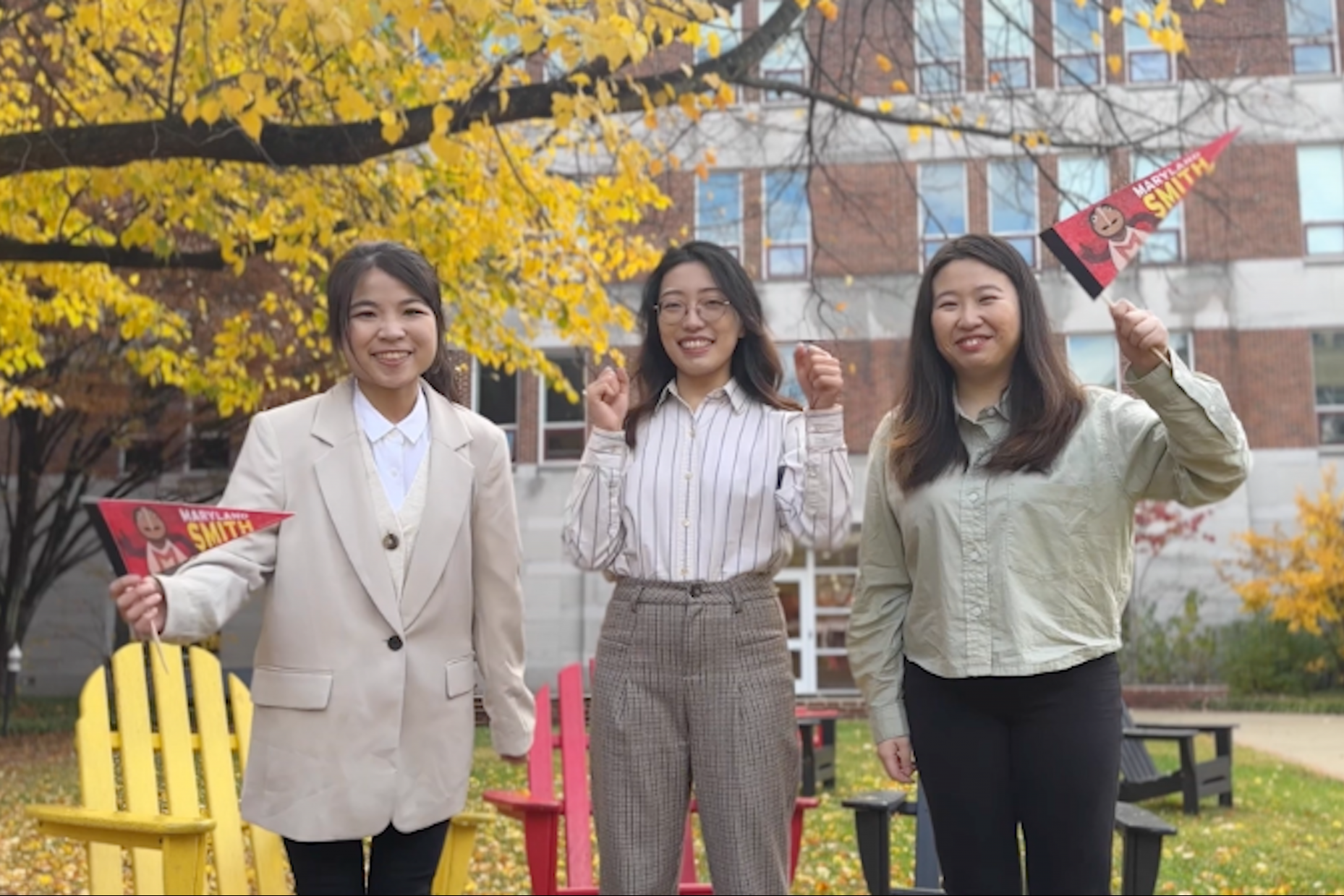
Skift Take
Hilton is finding out new ways to tap into one of the fast-growing segments of hospitality — thanks to a student competition.
The hotel group has just finished hosting an analytics challenge with Adobe Analytics. It asked students to identify the differences between business and leisure travelers, while keeping an eye on the emergence of the blended traveler.
Students were able to analyze live data from Hilton before pitching their "engagement strategies" targeted towards different traveler segments.
The hunt for new ways to target customers was prompted by the pandemic, according to Jess Petitt, senior vice president of commercial strategy, insights and analytics at Hilton. “We get much of the same travel patterns as we have in the past, but then you don’t get all of things back," he said. "You get some segments of our business back, but you’ve also created new types."
While "bleisure" has been discussed for a while, the hotel group was now focusing on so-called workcations.
"We’ve really seen that start to emerge in our business, but we want to understand it better, and understand how we can support that through hospitality service, and technology," Petitt added. "You can start with stay patterns, you’ve got the type of hotel, there'll be customer-modeling components that will come up in the future that are non-creepy ways of identifying the intent of a customer stay."
Winning Ideas
Three students, I-Ju Lin, Chu-Hsuan Tsao and Yiling Kang, from the University of Maryland in the U.S. took home the top prize of $35,000. They examined the cross-device customer journey of those booking travel with Hilton and used anonymized data from a portfolio of 18 brands and 7,000 properties worldwide to understand how consumers are making purchase decisions digitally across devices.
Other finalists came from the University of Chicago, Utah State University, the University of California at Davis, Brigham Young University — all in the U.S. — and Universite d’Angers in France.
Overall there were many trends around the overlaps, and importance of conversions, based on the students' results.
"A lot of brands will look and categorize or segment groups, and use those segments statically for a long time," said Nate Smith, experience cloud director, product marketing at Adobe.
"There’s a business traveler, and they’re going to be a business traveler forever. And that’s not the case. Even in business traveler mode, they’re thinking bleisure to a certain extent, or what’s next for the family trip," he added. "Being able to statistically identify similarities or differences, and what those overlaps are, if I can identify this is someone who belongs to more than one group, that was an interesting finding."
The results also showed how dynamic and fluid the types of personas could be, but after a "statistically valid segmentation" Hilton could better understand how to engage with them.
"In the leisure group, when do you introduce the Hilton Honors program?" Smith said. "Students identified interesting places where you can bring in mentions of the Hilton program to get people to sign up. Different locations on the website, or even when they’re on property."
The same can be applied to leisure travelers who may have started with an online travel agency, and ended up with Hilton because of the deal. "At that point, they have become a member, and that starts to influence business travel and where the business traveler stays. You see that convergence," Smith added.
Some of the strategies could equate to millions of dollars, Smith predicted, even from something relatively small like managing to get business travelers to stay for an extra couple of days in a hotel or resort. Globally, it adds up.
Fresh Perspectives
Adobe runs its Analytics challenge annually, and previous partners have included Nike, Disney, T-Mobile and PlayStation.
This particular competition marked its 18th event, and as with the past two years was held virtually. But the upside is it opens up the challenge globally, and this year thousands of student applications were received from college campuses across 24 countries.
Petitt said competitions like these were a useful way of recruiting more people to the hospitality industry, showcasing to potential developers and engineers it's a viable sector alongside traditional companies like Google, Microsoft or Meta.
"You have these students, who may not have a background at all in analytics, or travel. And you have quite a diversity: undergraduates, graduates, different types of programs. We even had fashion students as finalists in this competition before. What that does is bring a lot of fresh eyes to the brand, to the industry, and what comes out from the final recommendations," he said.

